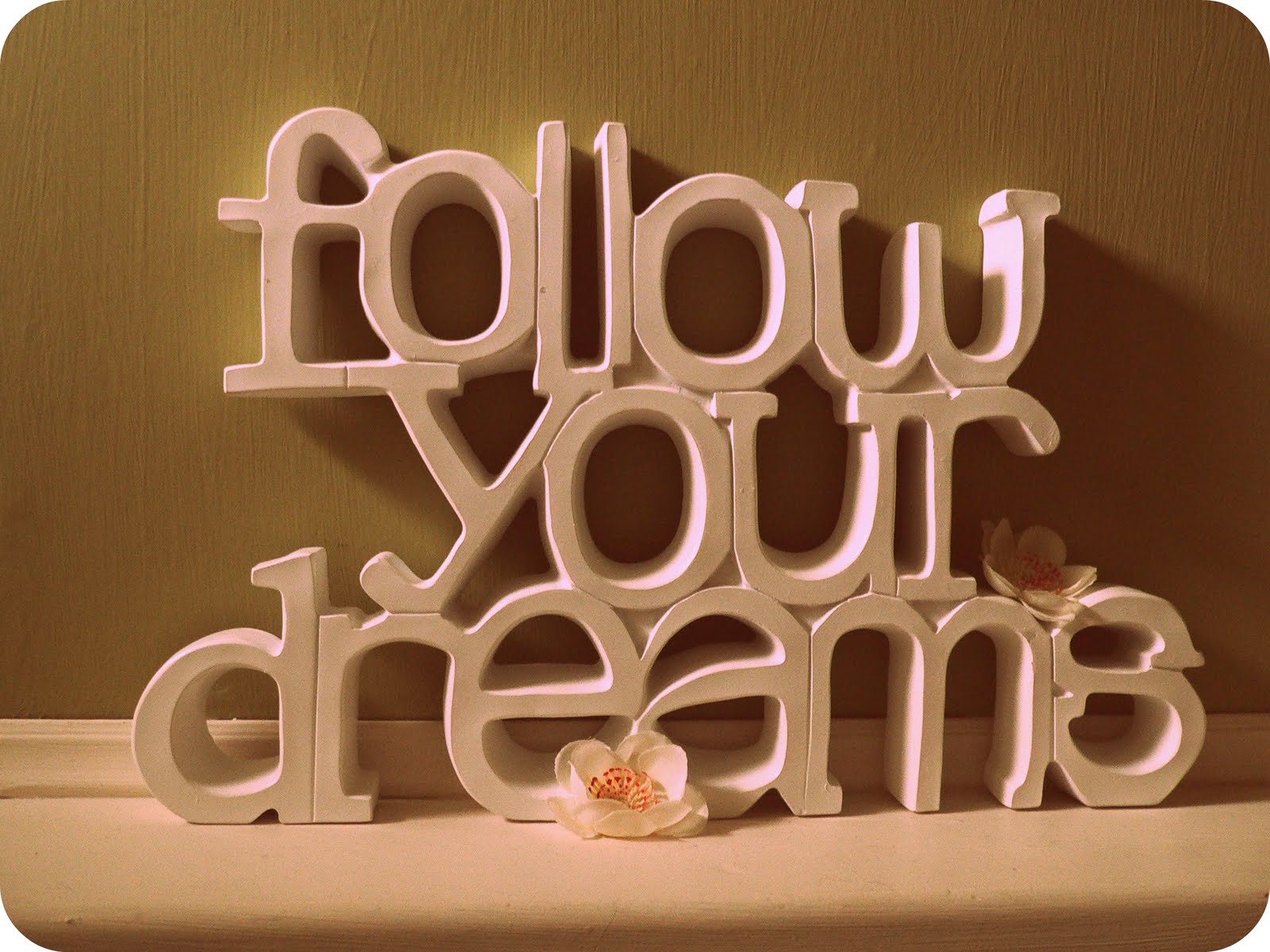Your nails (and cuticles for that matter) are indicative of a wide range of ailments including stress, anxiety, nutritional deficiencies, infection and even disease. Once the polish comes off, take note of what lies beneath. A healthy nail bed is “smooth without ridges and grooves” with a light pink underlying flesh tone that’s “free of spots or discoloration”. So whether it’s a white spot, a yellowish tinge or excessive chipping and peeling—all imperfections should be investigated. Below is a quick list to help you decipher what your nails are telling you.
Yellowish. Most of the time, yellow nails are simply the result of wearing dark nail polish for long periods of time without a proper base coat. Typically, a few days sans polish will do the trick in removing the yellowish tinge. However, if the yellow tone sticks around for longer than a week or so (and/or your nails are reddish, tender or swelling), you may have a fungal infection and should consult a doctor.
Peeling. According to WebMD, your nail plates are “made up of several layers of keratin,” which are sealed together. When hands are routinely exposed to water or even cold, dry air, the top layers of your nails can “delaminate “ and therefore peel. Usually, polish will help seal the layers together. Using a good hand lotion also helps. However, excessive peeling may mean your diet is lacking in a nutrient called linoleic acid. Amp up your linoleic acid intake by incorporating more vegetable oils into your diet such as olive oil, sesame oil or even peanut oil.
Brittleness. Did you know that 20 percent of women suffer from a condition called “brittle nail syndrome”? Usually, an iron deficiency is related to this condition so try eating more dark leafy green veggies and eggs. Biotin can also help (plus I’ve heard it’s good for your hair). More often than not, brittle nails are the result of excessive exposure to—you guessed it—water! If hand lotion and diet changes fail to improve this condition for you, you should see a medical professional.
Ridges. Surprisingly, ridges are not usually something to be alarmed about. As you age, ridges will grow more prominent. However, in some cases ridges may be a manifestation of extreme stress so take heed (and maybe enlist yourself in a yoga class).
Bluish. If your nail beds are bluish, it probably means you are not getting enough oxygen. Definitely see a doctor if you are experiencing this.
Lastly, if you notice anything particularly strange with your nails (dark lines, white or concave nail plates, inflammation or puffiness), please see a medical professional. I’ve only just scratched the surface (pun intended) in the list above…
In most cases, a healthy balanced diet and good personal hygiene will ensure healthy nails and a healthy you. So eat your veggies, take your vitamins, make sure you are getting all your minerals and don’t forget to take a quickie polish vacay to make sure you and your nails are doing okay.

No comments:
Post a Comment